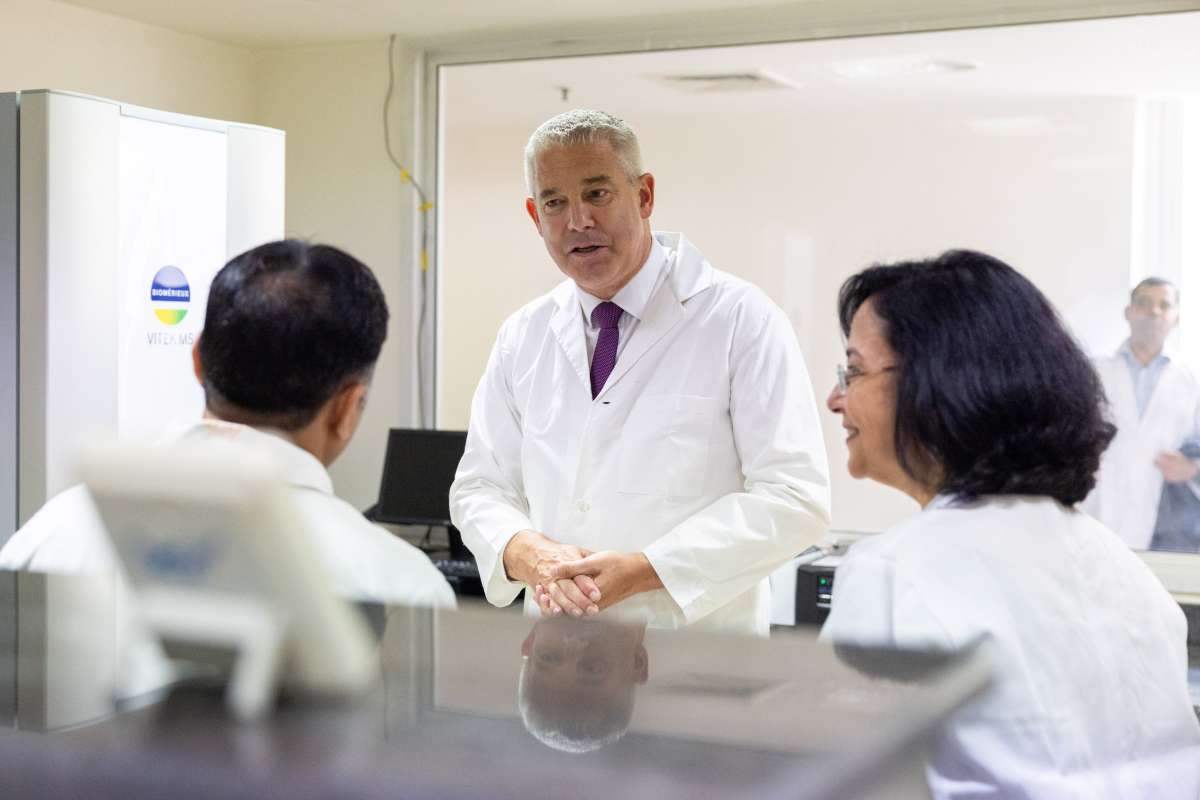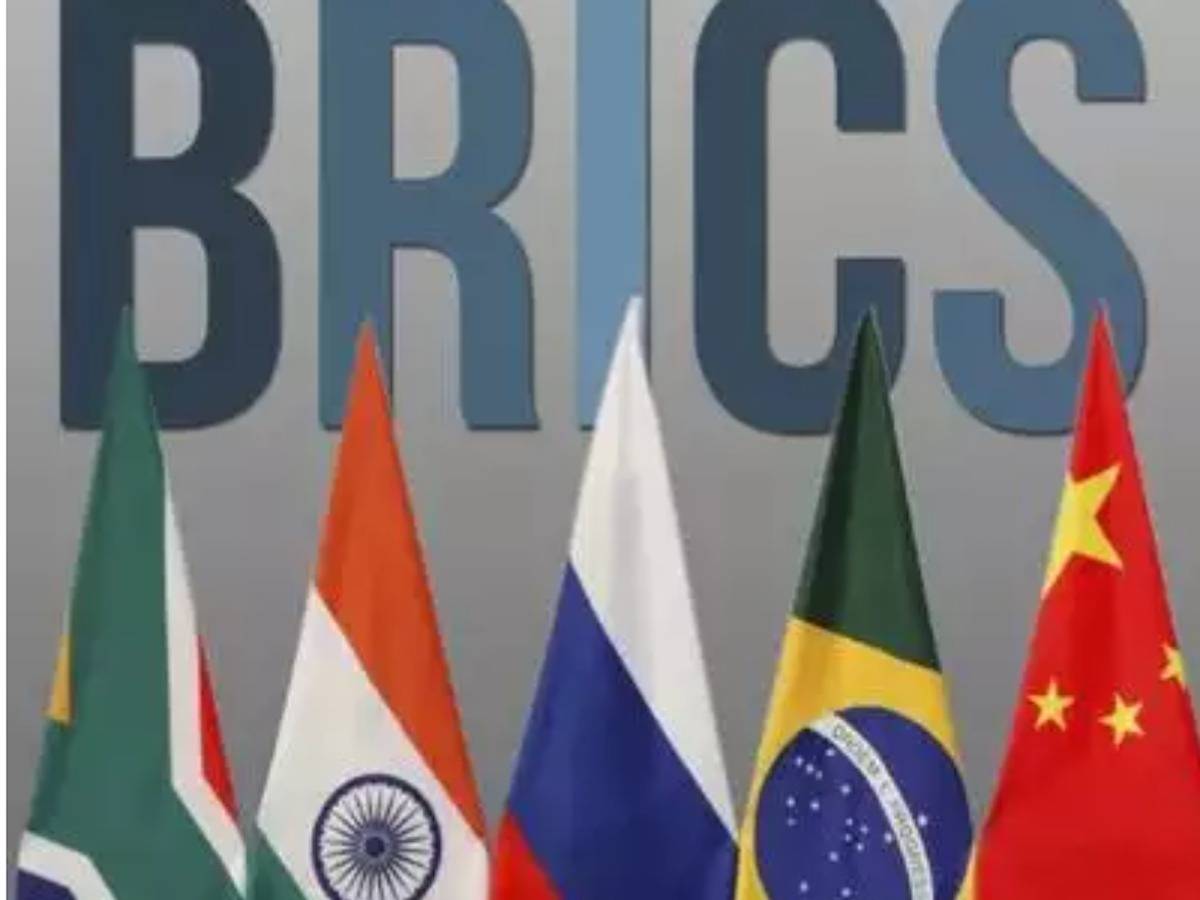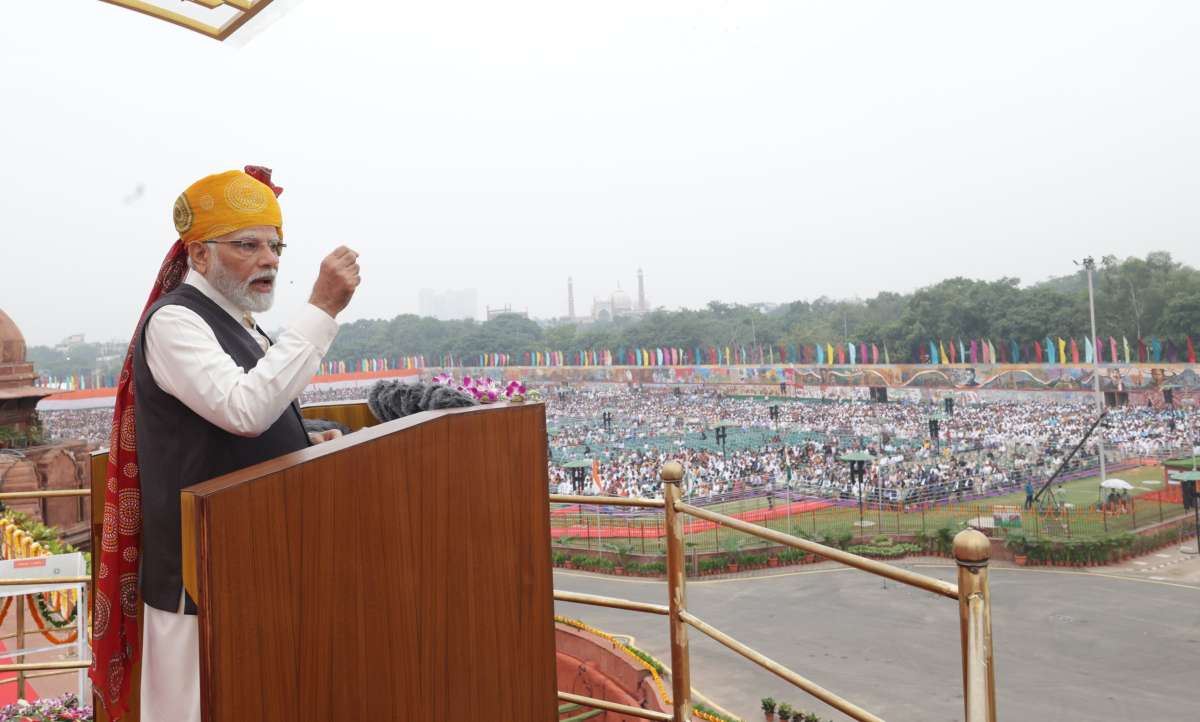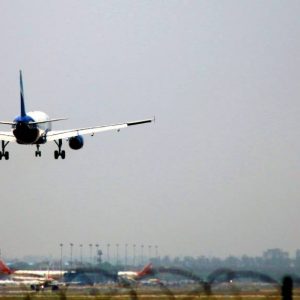Apart from this, UK Special Envoy on AMR Dame Sally Davies applauded the government’s move and claimed that the investment would create a real impact to tackle AMR…reports Asian Lite News
In a multimillion investment, the UK government on Wednesday announced to invest £210 million in funding to partner with Asian and African nations to tackle antimicrobial resistance (AMR), the British High Commision said in a statement.
The investment will aim to build State of the art laboratories, cutting-edge disease surveillance systems, and a bigger global workforce to tackle deadly antimicrobial resistance (AMR), said a statement by the government.
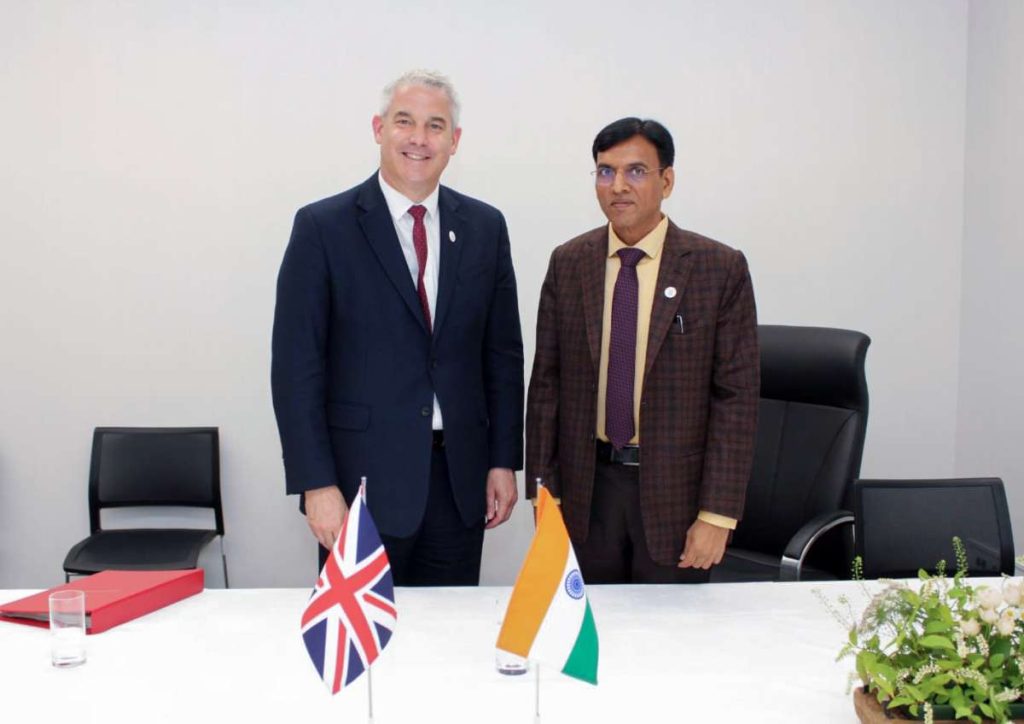
The funding – from the government’s UK aid budget will support the Fleming Fund’s activities to tackle AMR in countries across Asia and Africa over the next 3 years, helping to reduce the threat it poses to the UK and globally.
According to the release, it will bolster the surveillance capacity in up to 25 countries where the threat and burden of AMR is highest – including Indonesia, Ghana, Kenya and Papua New Guinea. More than 250 laboratories are set to be upgraded and provided with state-of-the-art equipment. This investment includes new genome sequencing technology which will help track bacterial transmission between humans, animals and the environment.
The investment will also strengthen the international health workforce by supporting 20,000 training sessions for laboratory staff, pharmacists and hospital staff, and over 200 Fleming Fund scholarships to boost expertise in microbiology, AMR policy and One Health – which recognises the connection between humans, animals and the environment.
UK Secretary of State for Health and Social Care Steve Barclay who is in India to attend the G20 Health ministers meeting commented that antimicrobial resistance is a silent killer which poses a significant threat to people’s health around the world and in the UK.
“It’s vital it is stopped in its tracks and this record funding will allow countries most at risk to tackle it and prevent it from taking more lives across the world, ultimately making us safer at home,” Barclay said.
He added, “It also builds on work the government is doing to incentivise drug companies to develop new antibiotics – a model which some G20 countries are looking to implement.”
The government statement revealed that around 1.27 million people around the world die each year due to AMR – where bacteria have evolved so much that antibiotics and other current treatments are no longer effective against infections – with 1 in 5 of those deaths in children under 5. In 2019, AMR was found to have caused between 7,000 and 35,000 deaths in the UK alone.
Apart from this, UK Special Envoy on AMR Dame Sally Davies applauded the government’s move and claimed that the investment would create a real impact to tackle AMR.
“I am proud and delighted that the UK’s Fleming Fund will continue to create real impact to tackle AMR and build pandemic preparedness on the ground across the world, using data to drive action and catalyse investment,” Davies said.
She added, “This world-leading investment in AMR laboratories, workforce and systems is a vital contribution to realise our vision of a world free of drug-resistant infection.”
The investment will deliver the second phase of the UK-India Fleming Fund partnership alongside India’s Ministry of Health and Family Welfare. Worth up to £3 million, it will accelerate collaboration on AMR surveillance across One Health sectors and help both countries to deliver on their 2030 roadmap.
As part of his visit to India, the Secretary of State will go to India’s National Centre for Disease Control, where India’s government and the Fleming Fund are joining forces to combat antimicrobial resistance.
He will also attend a showcase of innovative health technology with representatives from UK and Indian artificial intelligence and digital health firms in a bid to unleash further the tech partnership which is already transforming healthcare in both countries.
The G20 Health Ministers’ meeting takes place in Gandhinagar, India from August 18-19, 2023. (ANI)


